SUMMARY
This is AI generated summarization, which may have errors. For context, always refer to the full article.
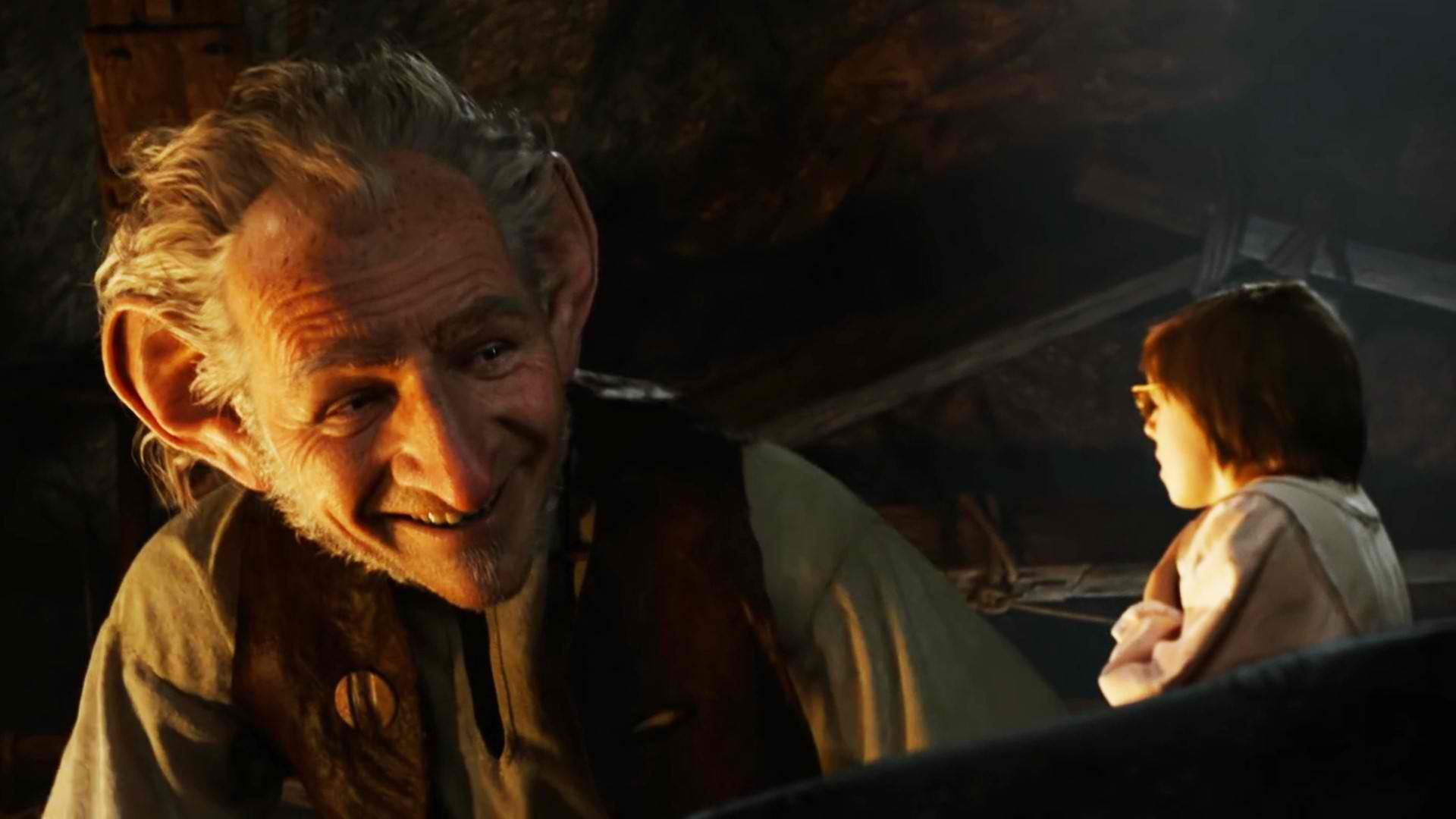
There is one scene in Steven Spielberg’s The BFG that summarizes its enchanting mix of fantastic absurdity and stirring realness.
Bagpipes and flatulence
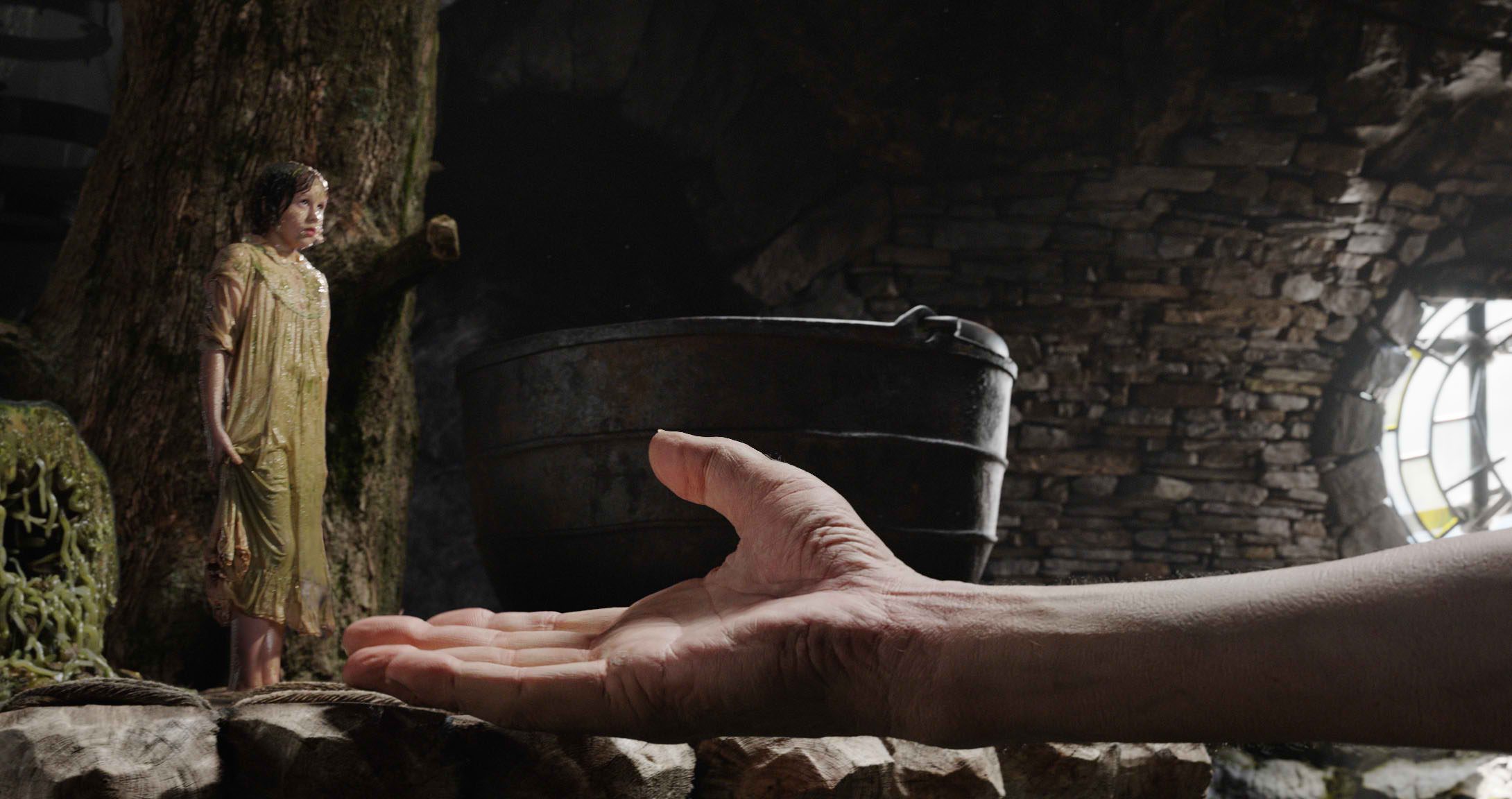
No, it isn’t in one of the many scenes where Spielberg attempts to be poignantly melancholic about the blossoming friendship between a spunky orphan (Ruby Barnhill, a delightful newcomer) and the giant (Mark Rylance, great even if his performance is veiled under layers of digital wizardry) who spirits her away from her gloomy orphanage one fateful night.
The scene is more exuberant, one that involves British royalty, bagpipes and flatulence. What is most interesting about the scene is how it starts out as a sequence that draws its comedy from the fish-out-of-the-water experience of the giant.
The giant, characterized as this charismatic bumpkin whose vocabulary is composed of words that only sound like what they mean, arrives in the queen’s palace, wide-eyed and captivated by the opulence and sophistication that he experiences for the first time.
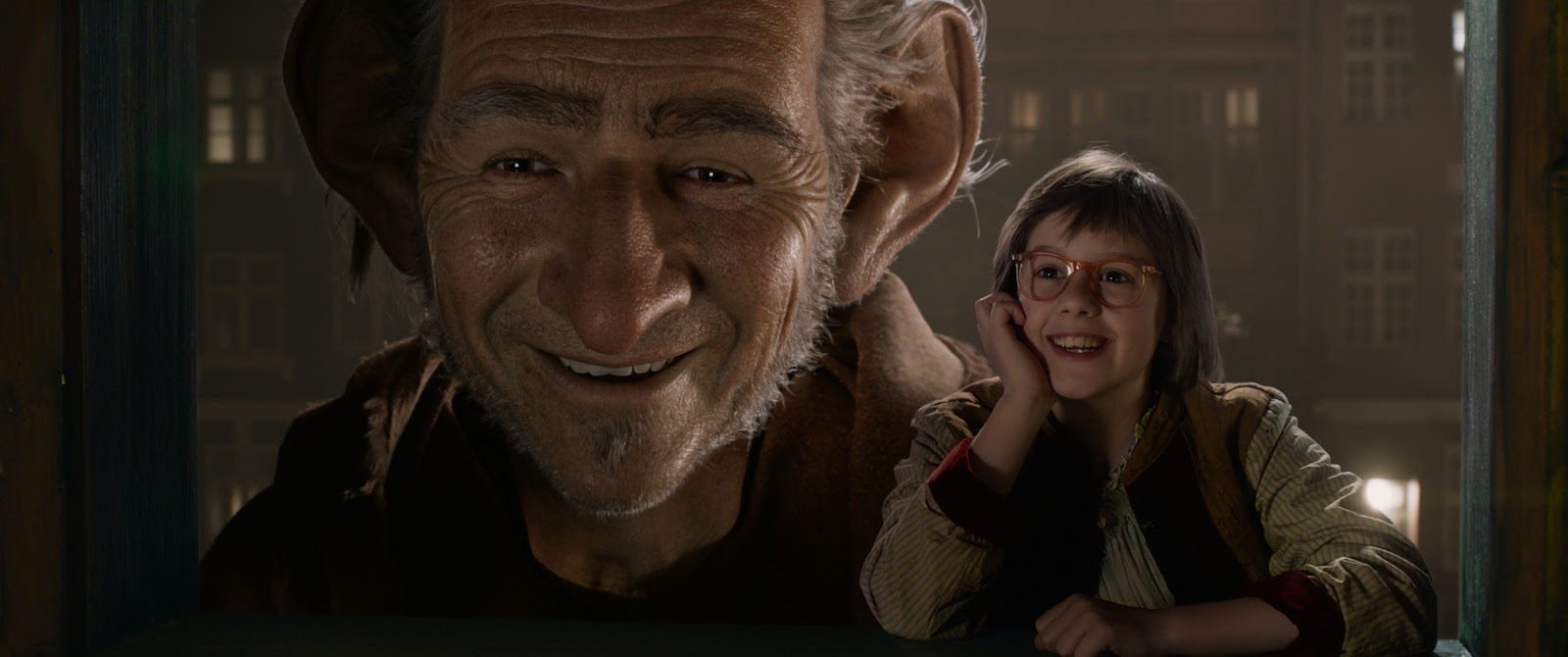
The gags about his hugeness are hilarious, but it is his purity and innocence in the midst of all the formalities that is truly affecting. It is only when he offers his home-brewed frobscottle, a suspicious drink whose bubbles sink instead of float, that all the rituals and ceremonies are broken. It turns the jovial medley of British blue-blooded snobbery into a boisterous showcase of everything and anything that shouldn’t belong, but most miraculously do.
In a single scene, a scene where Spielberg abandons his trademark good taste for corgis and generals to spout ochre bad air out of their precious bums, The BFG reveals a heart for the common man. It revels not only in the accomplishments of the humble giant who graduates from eating sticky vegetables in his cavern home to munching on sumptuous bacon and eggs in a decorated hall, but also in his insistence on staying true to his soul despite of his being out of place.
Beautiful simplicity
The beauty of The BFG lies in its simplicity.
Adapted by Melissa Mathison from Roald Dahl’s beloved book, the film takes its precious time in establishing the bonds between the girl and her giant, resulting sometimes in scenes and sequences that feel strangely laidback in today’s climate of action sequence after action sequence. The interactions between the girl and her giant are all rendered beautifully, with Spielberg masterfully controlling all the special effects that the film requires to create something that is genuinely soulful.
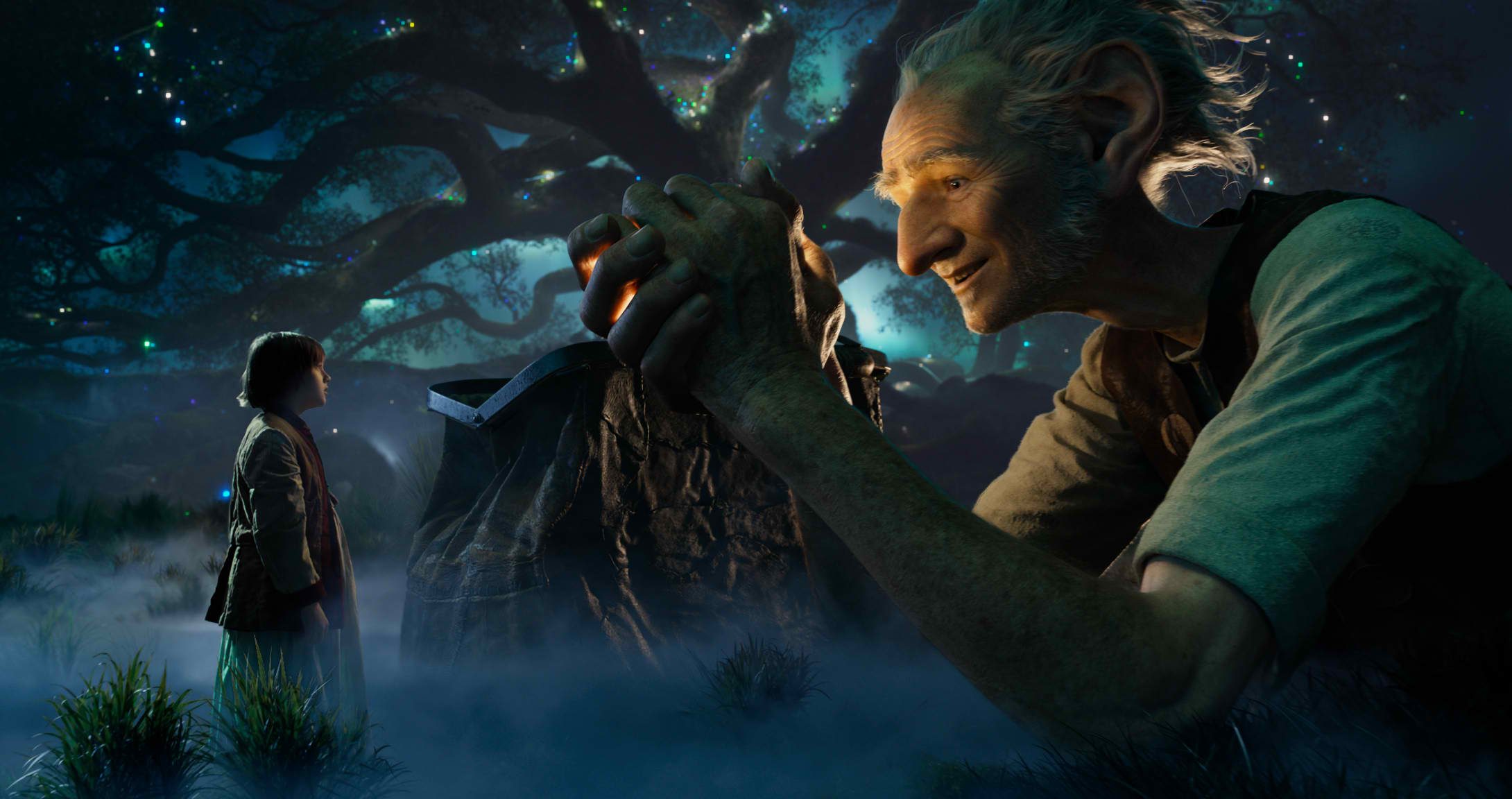
When Spielberg unleashes his spectacles, they do not feel indulgent at all. Instead, they feel fun and tense with both verve and emotions. They are comedic, rife with silliness that is never off-putting. The film invests most of its energies in turning the central relationship into one that is worth rooting for, turning those scenes where either the orphan or the giant are in danger oddly funny but intense.

Visually, The BFG is absolutely gorgeous. Spielberg, with the help of cinematographer Janusz Kaminski, paints London at night with a wistful gleam, one that turns the orphan’s sudden appearance inside the giant’s wildly colorful dwelling and picturesque surroundings into something more of a respite than a danger-filled adventure.
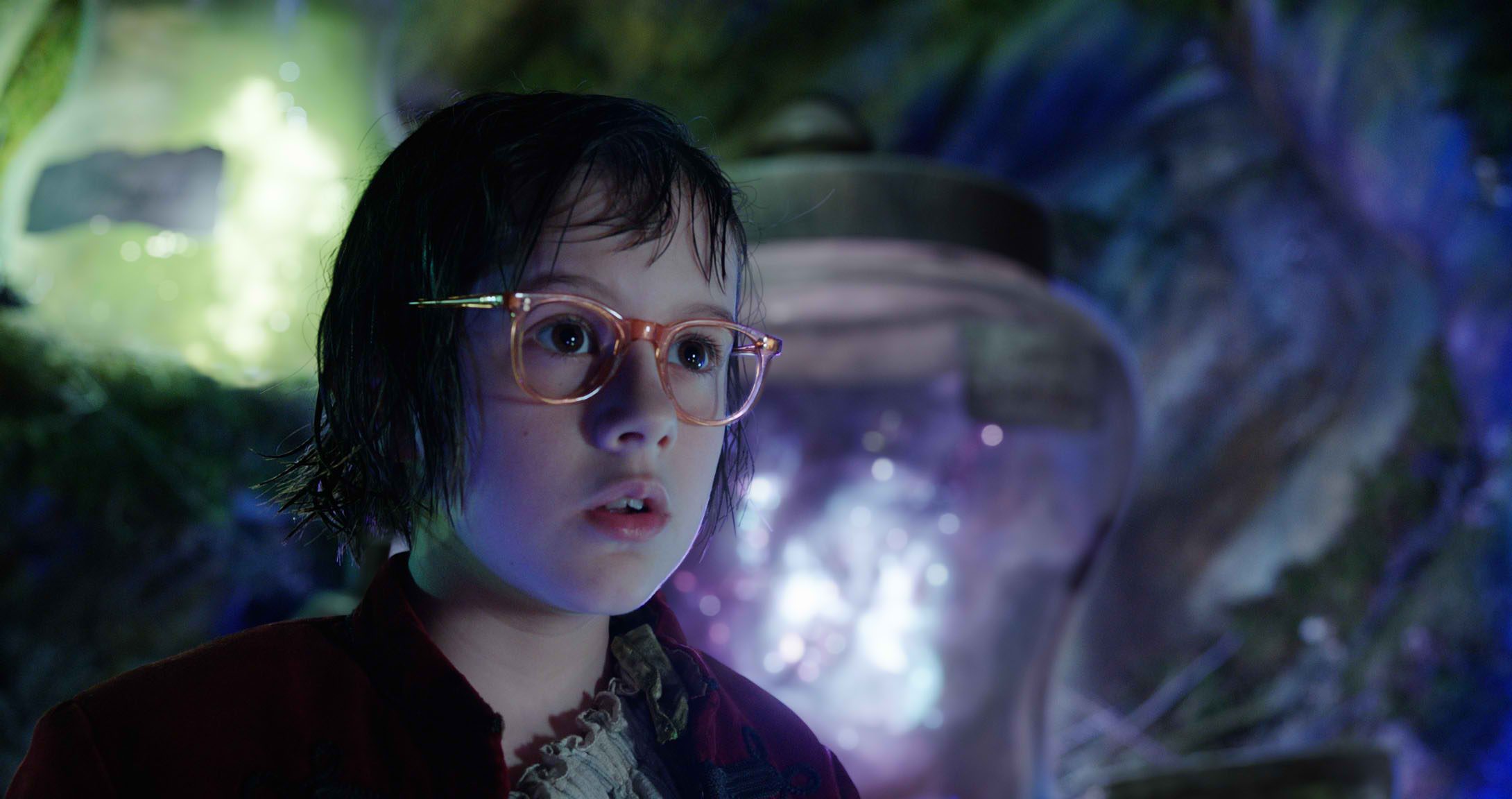
Impossible to resist
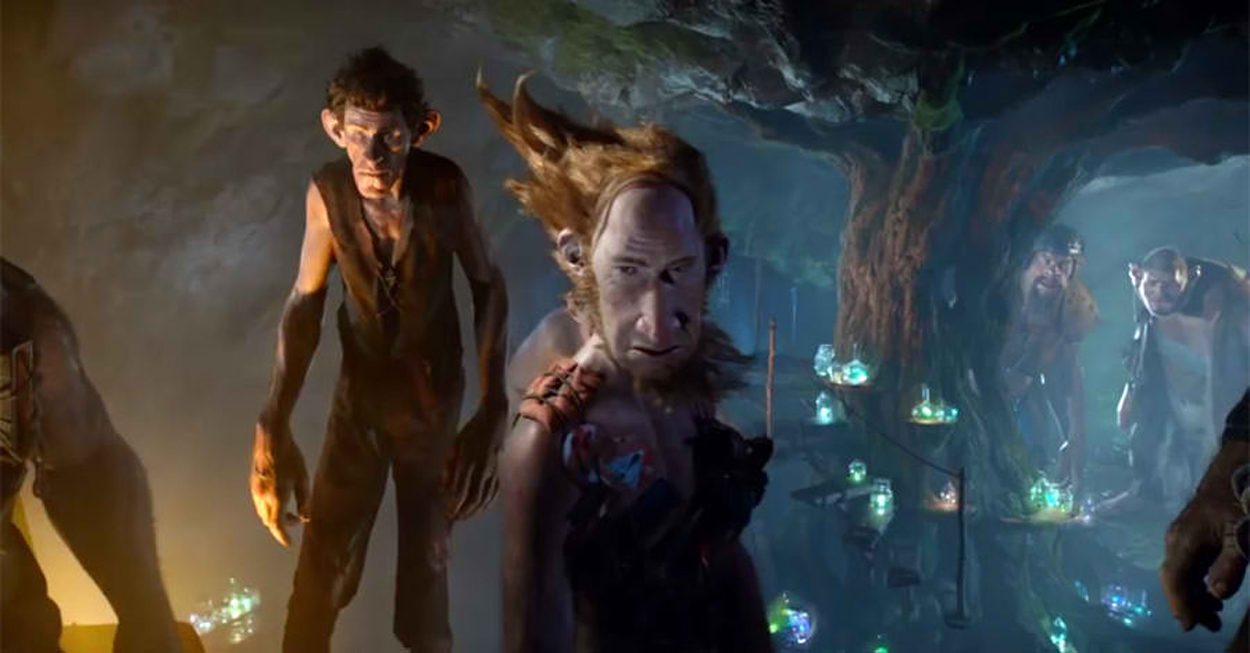
The BFG is such a pleasure to watch.
It is a well-crafted and well-meaning piece of entertainment. It never stoops down to the level of exchanging its solid notions of character-driven storytelling for noise and fireworks that divert the attention of the audience from the fact that there really isn’t anything there. Yet it is also breathtakingly spectacular, with each frame lovingly composed to conjure feelings that will complement an unlikely friendship that is almost impossible to resist. – Rappler.com
 Francis Joseph Cruz litigates for a living and writes about cinema for fun. The first Filipino movie he saw in the theaters was Carlo J. Caparas’ ‘Tirad Pass.’ Since then, he’s been on a mission to find better memories with Philippine cinema.
Francis Joseph Cruz litigates for a living and writes about cinema for fun. The first Filipino movie he saw in the theaters was Carlo J. Caparas’ ‘Tirad Pass.’ Since then, he’s been on a mission to find better memories with Philippine cinema.
Add a comment
How does this make you feel?
There are no comments yet. Add your comment to start the conversation.